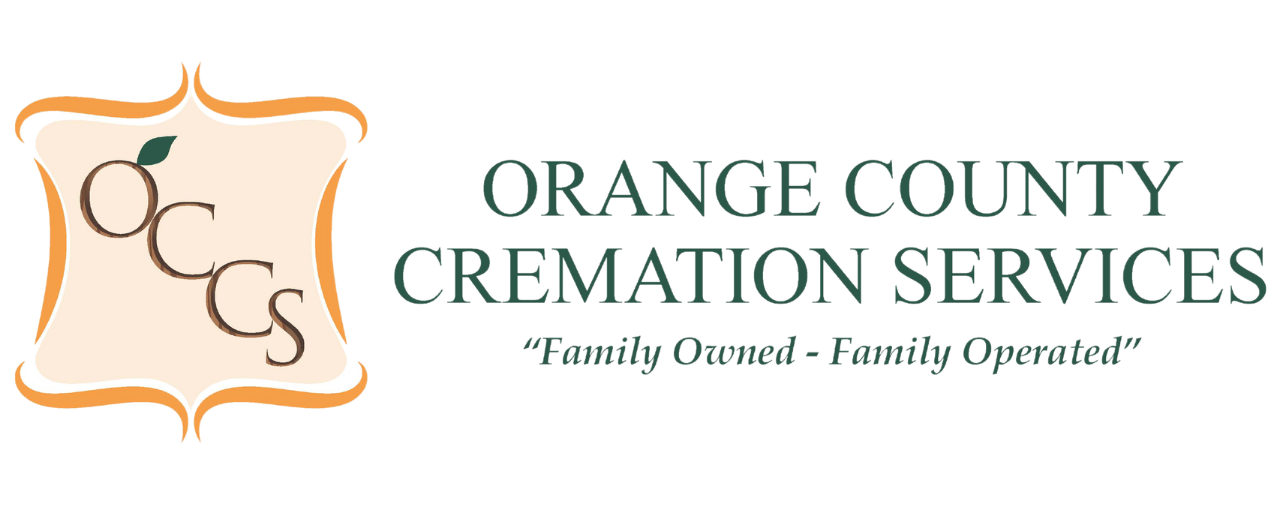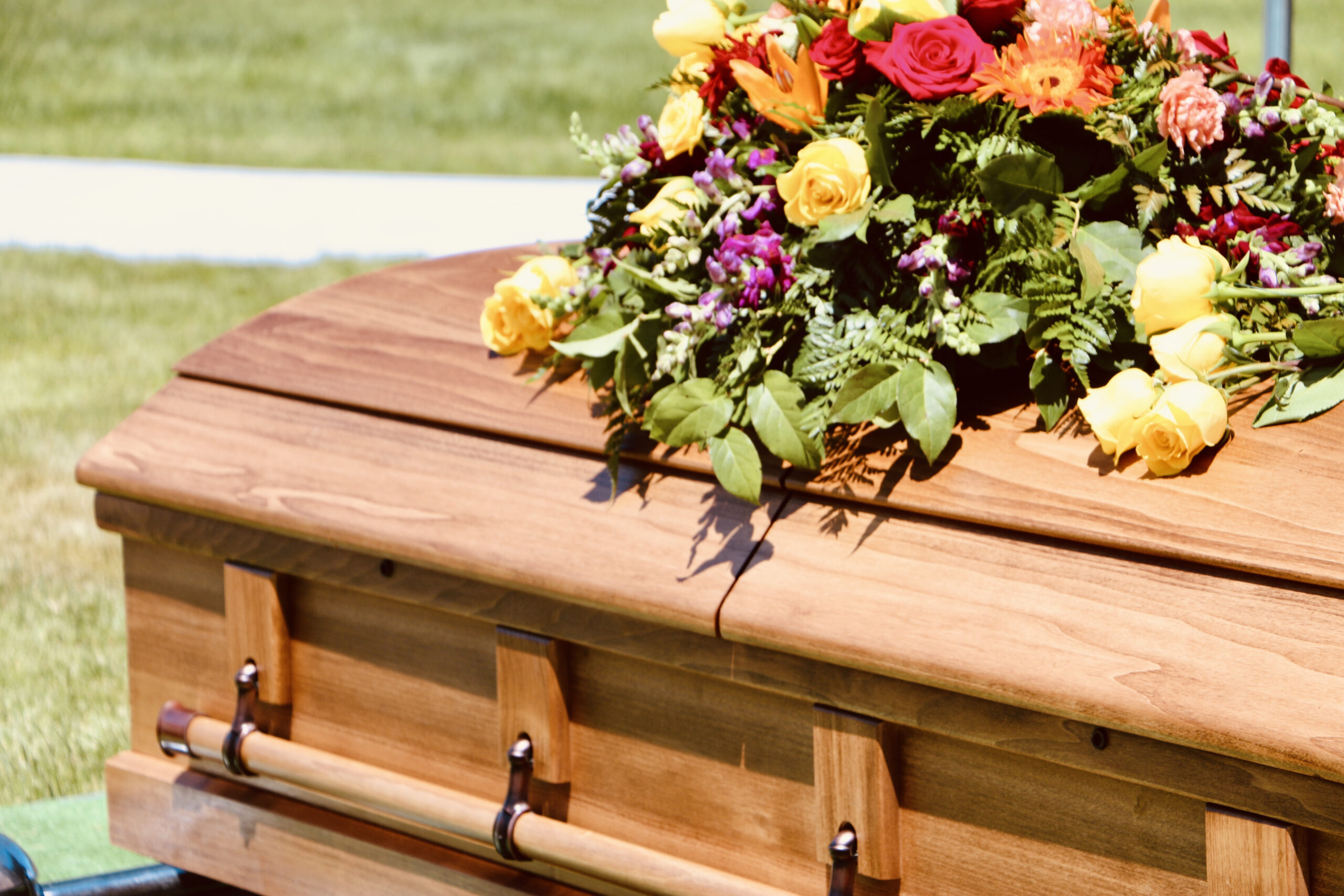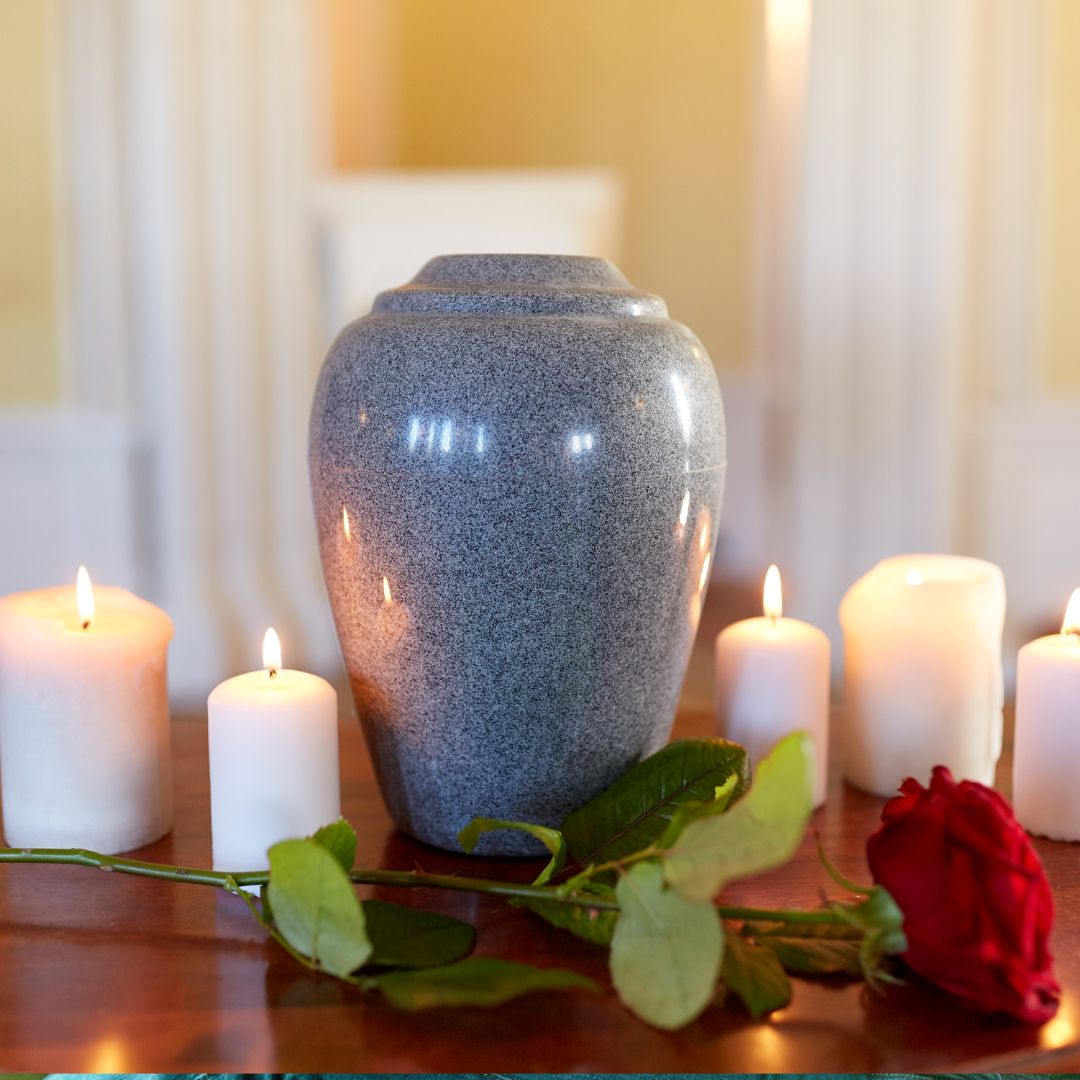Cremation has become an increasingly popular choice for families when planning end-of-life arrangements. One of the factors that makes cremation appealing is its potential affordability compared to traditional burial. However, the costs involved in cremation can vary widely depending on the services selected and individual preferences. This guide provides a transparent look at the different expenses associated with cremation and what families can expect when budgeting for this service.
1. Basic Cremation Costs
The most straightforward and cost-effective option is direct cremation, which typically involves minimal services. Direct cremation generally includes transportation of the deceased to the crematory, the cremation itself, and returning the ashes to the family in a simple container. The average cost of direct cremation ranges from $500 to $2,000, depending on location and the provider. This option is ideal for families who prefer a no-frills approach and plan to hold a separate memorial or scattering ceremony on their own.
2. Cremation with Memorial Services
For families who want to hold a memorial service in conjunction with the cremation, the costs will be higher. A cremation with a memorial service may include the use of a chapel, a funeral director’s services, and other elements such as floral arrangements and printed programs. The cost of cremation with a memorial service can range from $1,500 to $5,000, depending on the level of personalization and services chosen. This option provides the opportunity to celebrate the life of the deceased with family and friends in a formal setting.
3. Additional Costs and Optional Services
There are several optional services and items that can add to the overall cost of cremation. These may include:
- Urns: The ashes are typically returned to the family in a simple container. However, many families choose to purchase a decorative urn to store or display the ashes. The cost of urns can range from $50 for a simple design to $1,000 or more for a custom or handcrafted urn.
- Viewing or Visitation: Some families may wish to have a viewing or visitation prior to the cremation. This requires embalming and preparation of the body, which can add $500 to $1,500 to the total cost.
- Cremation Casket or Container: A casket is not required for cremation, but a cremation container must be used. Providers may offer simple, combustible containers for a few hundred dollars, while more elaborate cremation caskets can cost upwards of $1,000.
- Witness Cremation: Some families choose to witness the cremation process. This service may add $100 to $500 to the overall cost, depending on the crematory’s policies and facilities.
- Memorial Keepsakes: Families may also choose to purchase keepsakes, such as jewelry that contains a small portion of the ashes or memorial glass art. These items can range in price from $50 to several hundred dollars.
4. Cremation vs. Burial Costs
One of the reasons cremation is often considered a more affordable option is that it eliminates many of the costs associated with traditional burial. With cremation, there is no need for a burial plot, headstone, or vault, which can collectively add thousands of dollars to the cost of a funeral. On average, a traditional burial can cost between $7,000 and $12,000, whereas cremation services, even with a memorial, tend to be significantly less expensive.
5. Pre-Payment and Planning
Many cremation providers offer pre-payment plans that allow individuals to lock in current rates and ease the financial burden on their families. Pre-paying for cremation services can also provide peace of mind, ensuring that your final wishes are honored without placing a financial strain on loved ones. If you are considering pre-paying, make sure to review the contract carefully and confirm that the funds are securely held in a trust or insurance policy.
6. Understanding What’s Included
When budgeting for cremation, it is essential to understand what is included in the provider’s pricing. Some providers may advertise a low base price but have additional fees for transportation, permits, or death certificates. Always ask for a detailed price list and clarification on what services are included to avoid unexpected costs. Transparency is key when selecting a cremation provider, so do not hesitate to ask questions.
7. Financial Assistance and Resources
For families who are concerned about covering the cost of cremation, there are resources available that may provide assistance. Some non-profit organizations offer grants or financial aid to help cover funeral expenses. Additionally, Social Security provides a one-time death benefit for eligible individuals, and veterans may qualify for cremation and burial benefits through the VA.
8. Choosing the Right Provider
The cost of cremation can vary significantly from one provider to another. It is a good idea to obtain quotes from several providers and compare their offerings. Consider not only the cost but also the provider’s reputation, customer service, and the quality of their facilities. The right provider will be transparent about pricing and willing to work with you to create a meaningful tribute that fits your budget.
Understanding the costs involved in cremation can help families make informed decisions that align with their financial situation and personal preferences. Whether you choose a simple direct cremation or a full-service memorial, being aware of the options and associated costs can make the process less overwhelming and allow you to honor your loved one in a meaningful way.










